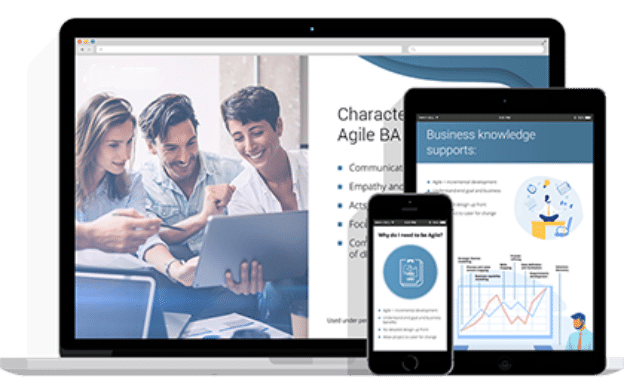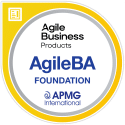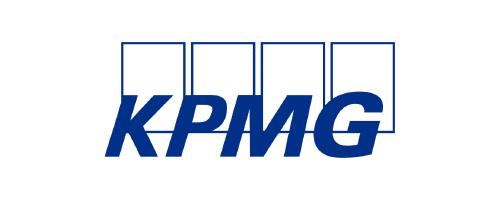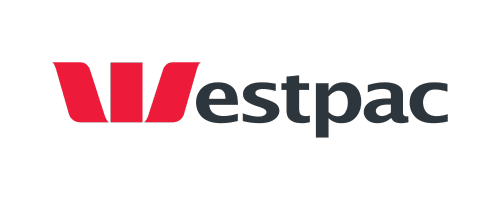The EA Learning Difference
EA Learning is dedicated to empowering Enterprise, Business and IT Architects and Business Transformation professionals through industry-leading training and certification programs. We equip you and your teams with the knowledge, tools, and skills needed to excel in your roles and deliver substantial value to your organisation.
Core Specialisation: We are dedicated solely to Architecture, Design and Business Transformation, offering specialised training in these disciplines backed by genuine expertise.
Preferred Training Provider by Leading Organisations World-Wide: Trusted by major banks, government organisations, and top Fortune 500 tech companies worldwide.
Expert Instructors: Learn from industry leaders with real-world experience and a proven track record in their teaching disciplines.
High Exam Pass Rates: Our comprehensive preparation ensures you are well-equipped to excel in your exams.
Premium Experience: Enjoy exclusive classes with dedicated instructors and a limited number of class participants, ensuring an engaging and focused learning environment.
Expert Created, Industry-Informed Courses: Our training programs are developed and informed by industry experts, ensuring relevant and up-to-date content.
Globally Recognised Certifications: We deliver internationally recognised certifications, helping you advance your career and validate your skills.
Extensive Class Date and Time Zone Options: Select from a wide range of class dates that suit your schedule, with options available in various time zones globally.
What We Do
Comprehensive Training Solutions- We offer a range of training solutions designed to fit your needs:
Virtual Classroom: Participate in interactive, instructor-led online training that is exclusively designed for a virtual environment. Our dedicated instructors run these classes live, ensuring a fully immersive and engaging experience. This is our most popular format, offering high-quality education without compromise, accessible from anywhere in the world.
In-Person Classroom: Benefit from direct, face-to-face instruction in a traditional classroom setting.
Public Classes: Join scheduled classes with peers from various organisations, providing valuable networking opportunities.
Private In-House Classes: Exclusive training for groups within your organisation, featuring a comprehensive, hands-on approach with contextualised content and dedicated support from the EA Learning team.
Self-Paced eLearning: Learn at your own pace with our flexible online courses.
Quality and Expertise
We pride ourselves on delivering premium training experiences. Our instructors are not just presenters, they are industry leaders with real-world experience. This allows them to provide deep insights and practical examples that bring the course material to life. Our commitment to quality ensures that you receive the best possible training to achieve superior results and reach your highest potential.
Trusted by Leading Organisations
EA Learning is a trusted training provider for banks, government organisations, and some of the largest tech (Fortune 500) companies globally. With over a decade of excellence in TOGAF training, developed in close collaboration with The Open Group, we have trained thousands of professionals worldwide. Our instructors with extensive industry experience, high exam pass rates, specialised focus, and premium client experience set us apart from other training companies.
Unique Courses and Pathways
We have leveraged our expertise to create our own courses, such as the Applied Business Architecture course endorsed by the IIBA. Our strong industry relationships ensure that our training remains unique, relevant, and valuable. Additionally, we provide expert guidance to help you identify the best training pathway for your career or organisational goals.
Our Commitment
EA Learning is passionate about your success. By providing expert-led and guided training, coaching, and mentoring in Enterprise, Business and IT Architecture, Design and Transformation, we equip you with proven concepts, principles, and techniques to solve realworld problems and deliver valuable outcomes. Join us to experience the impact that premium, expert-led training can have on your career.























